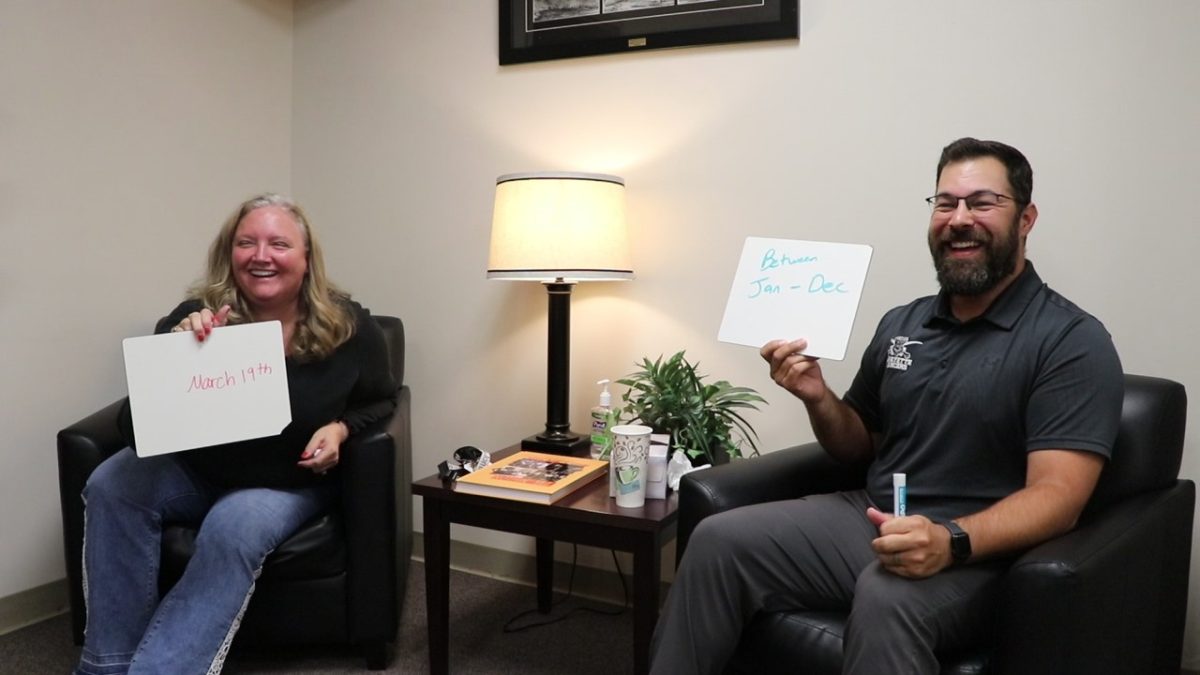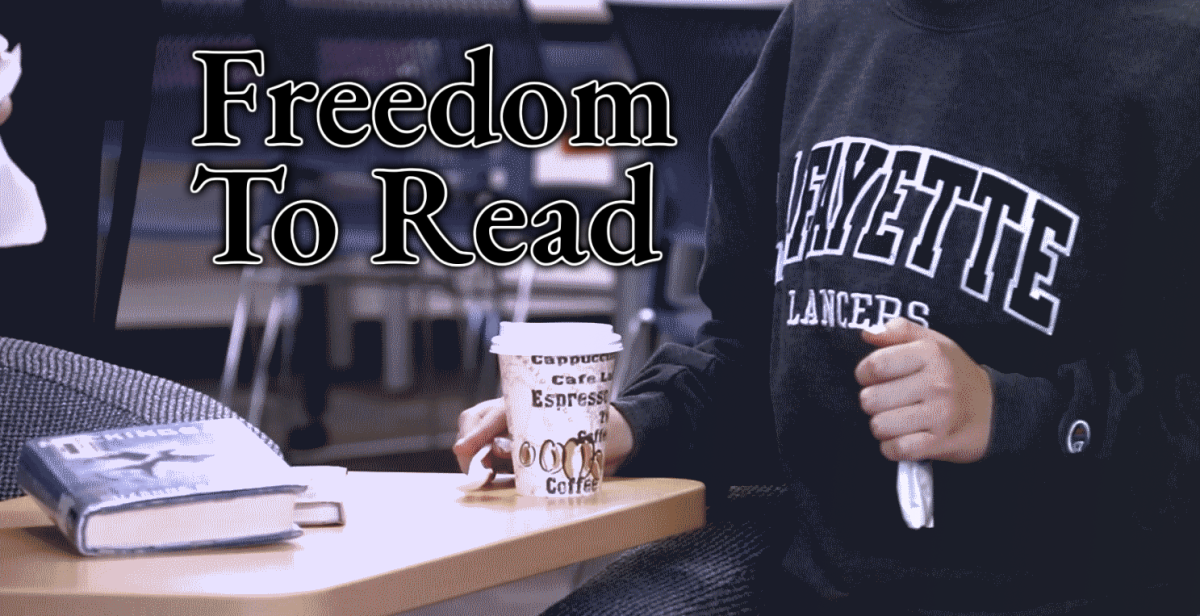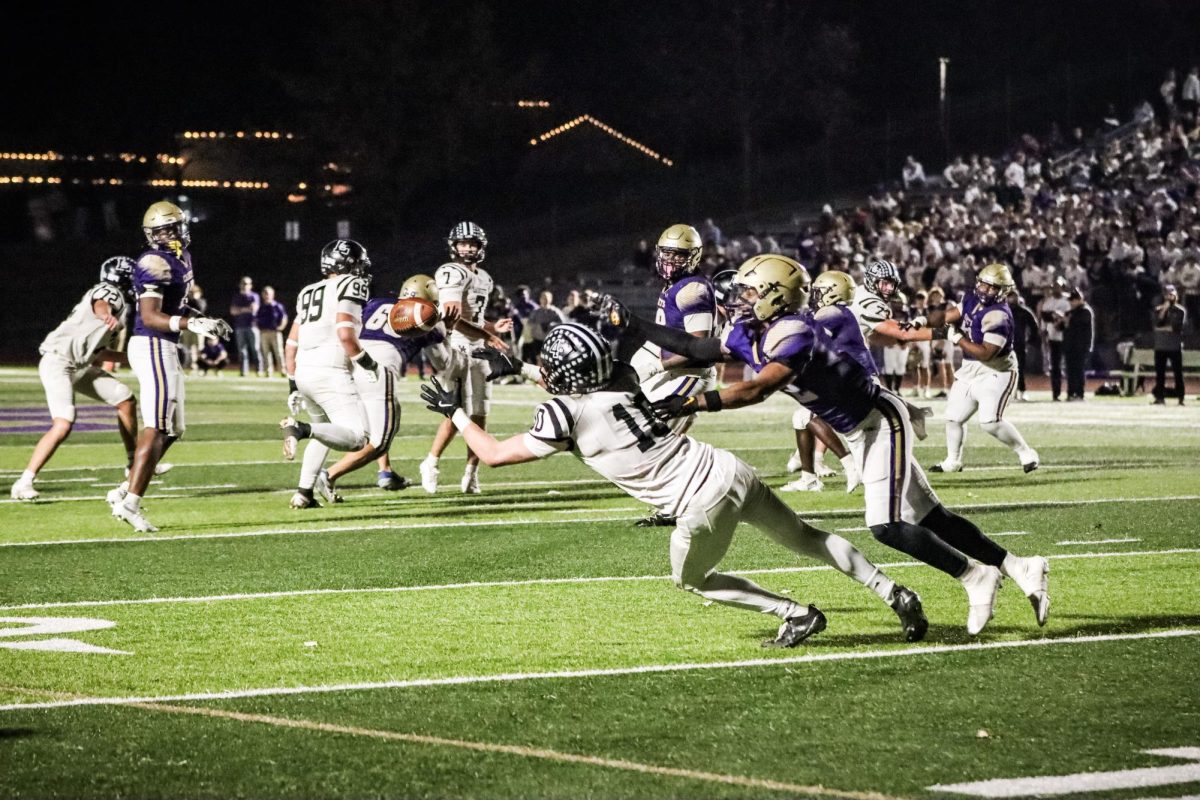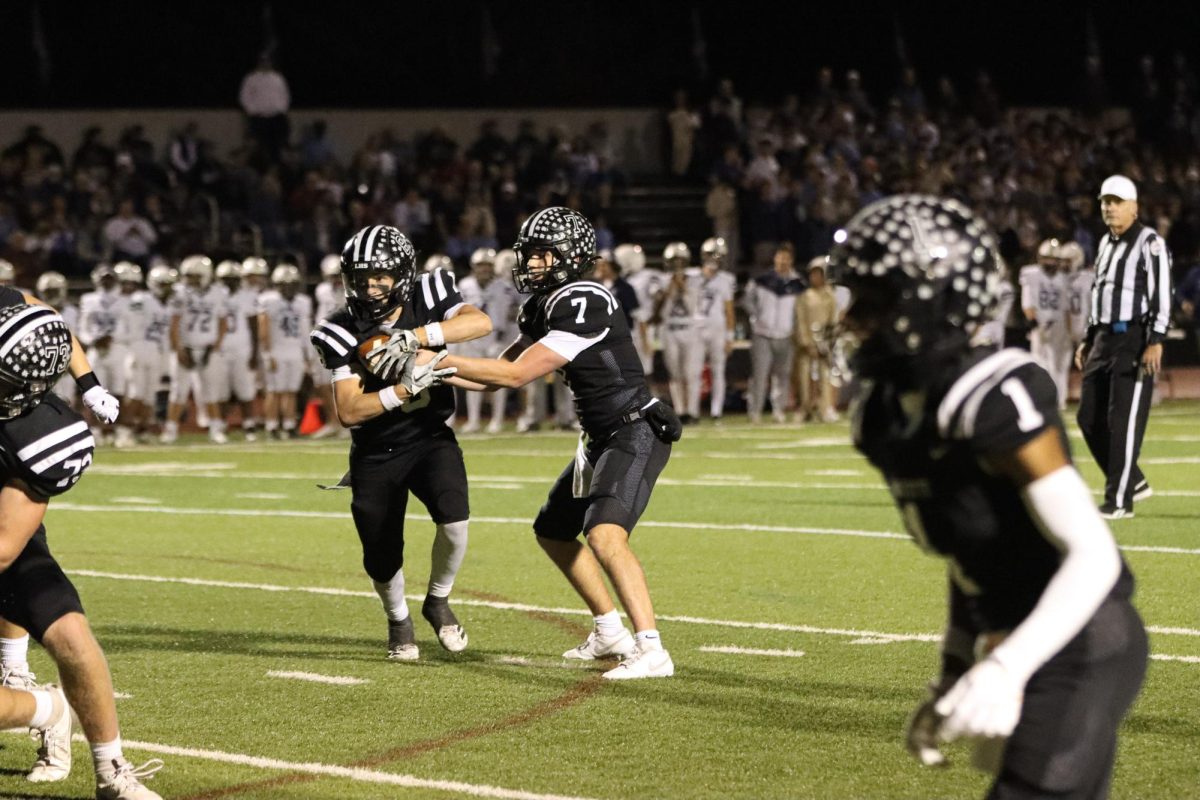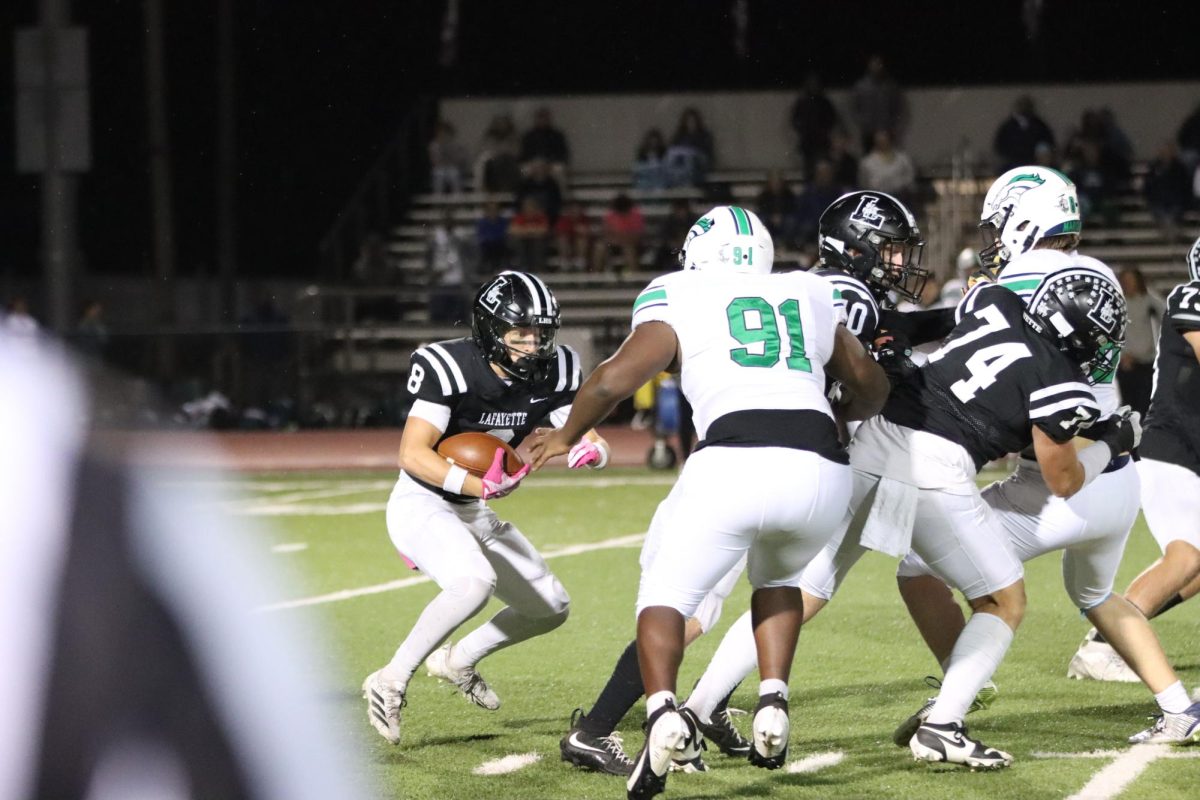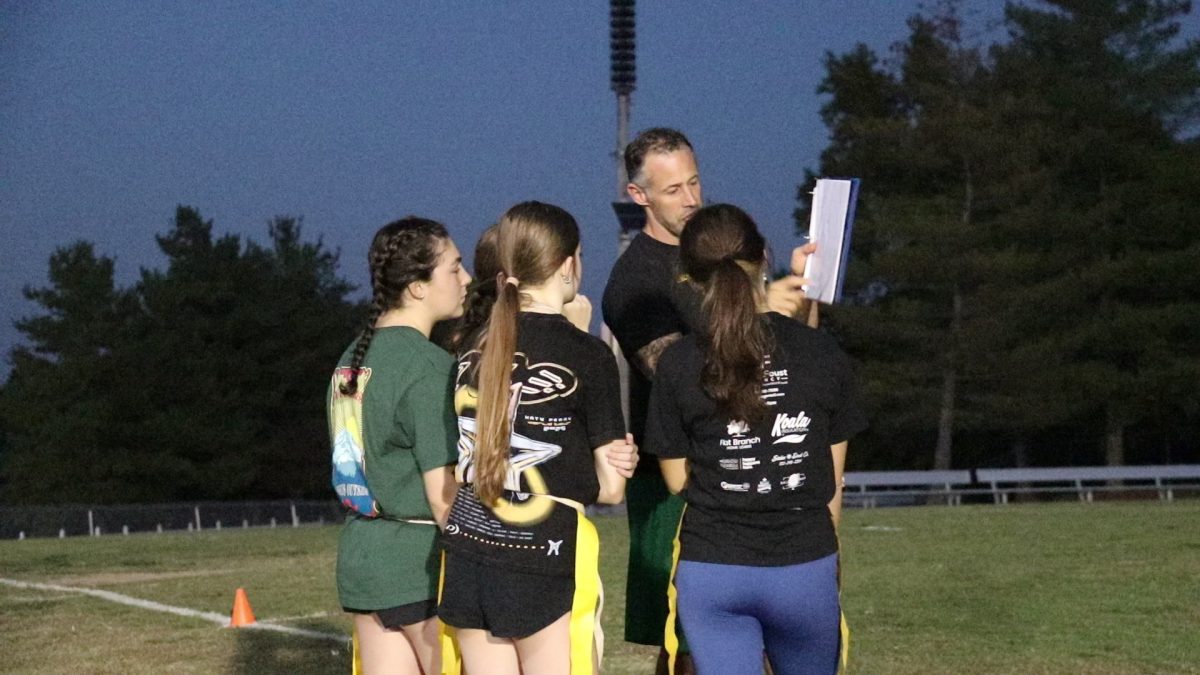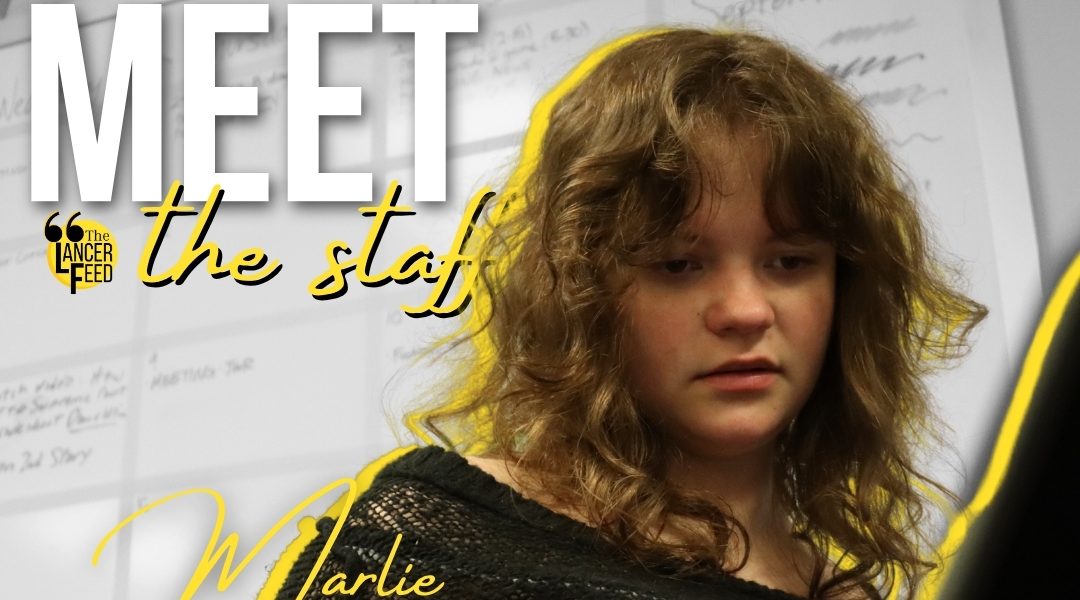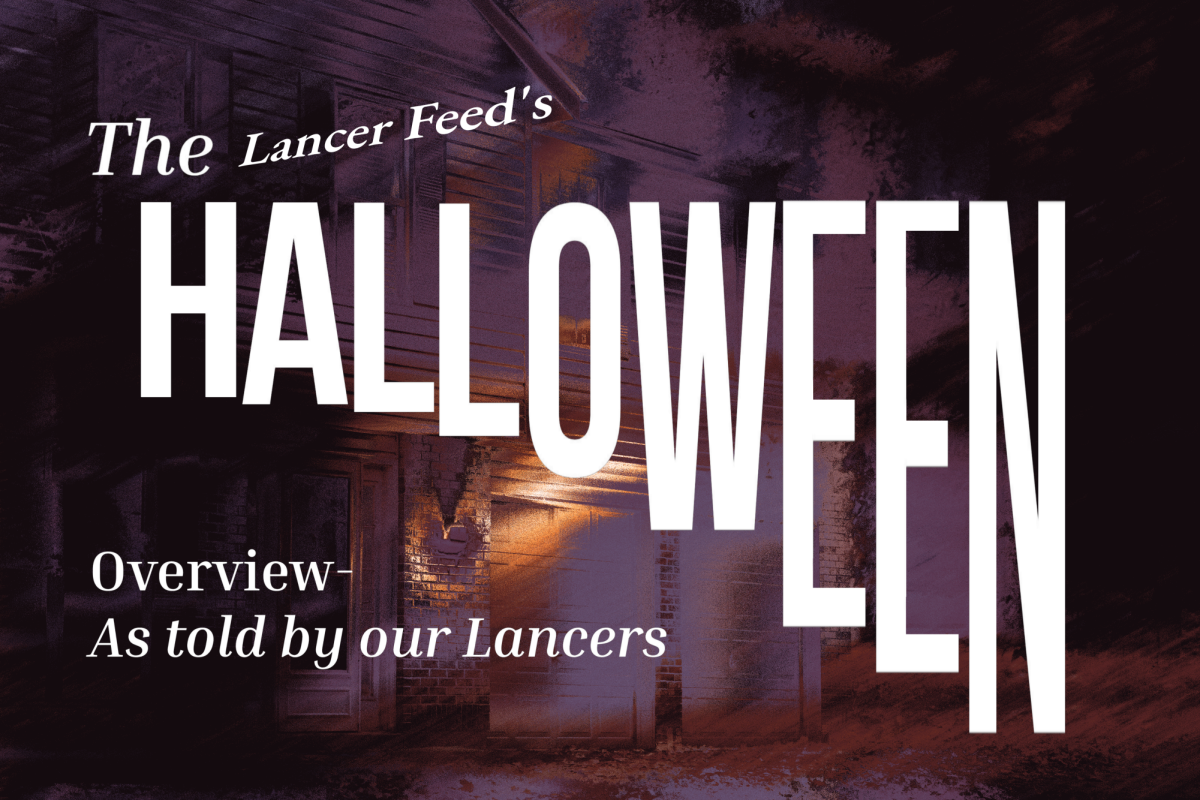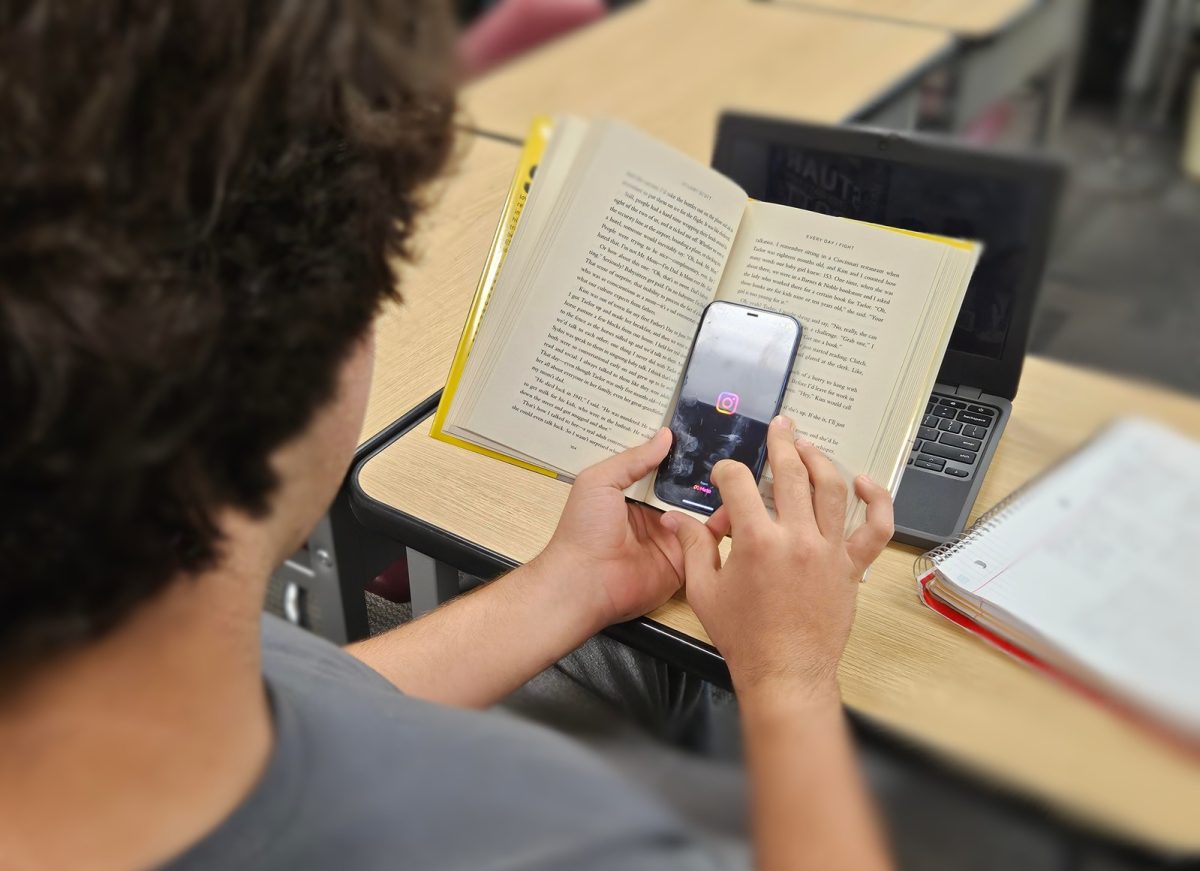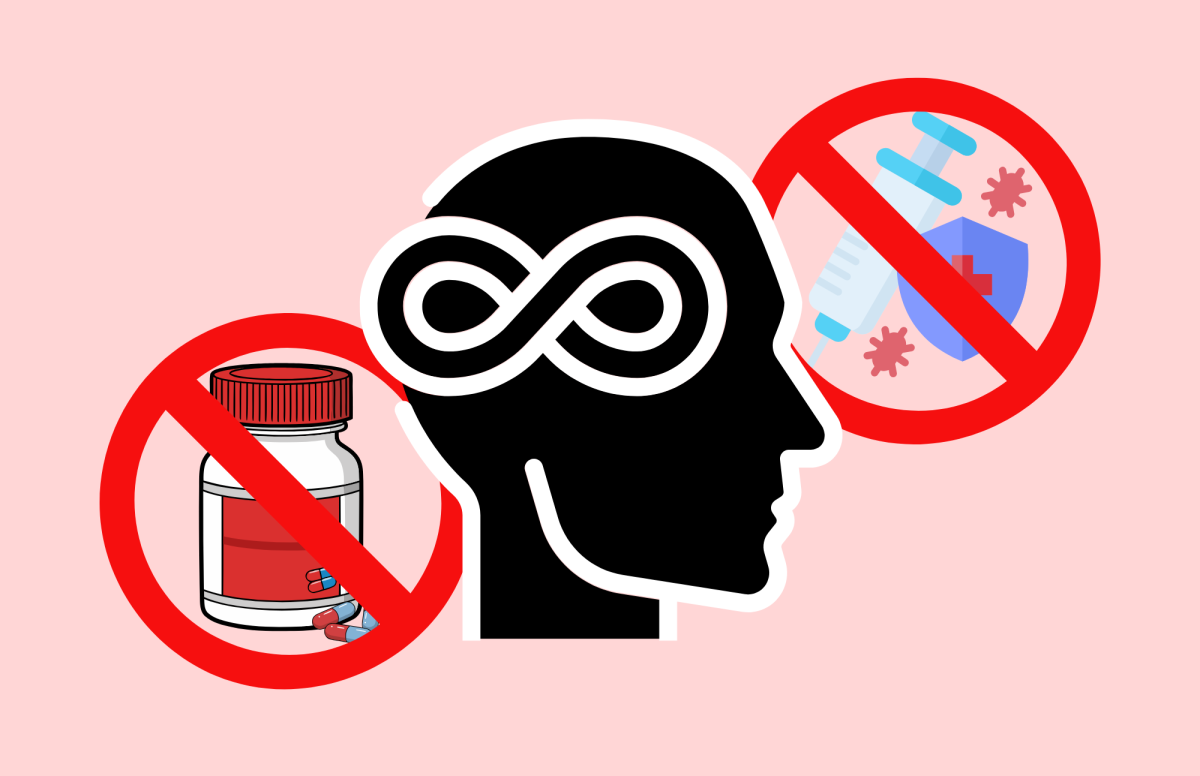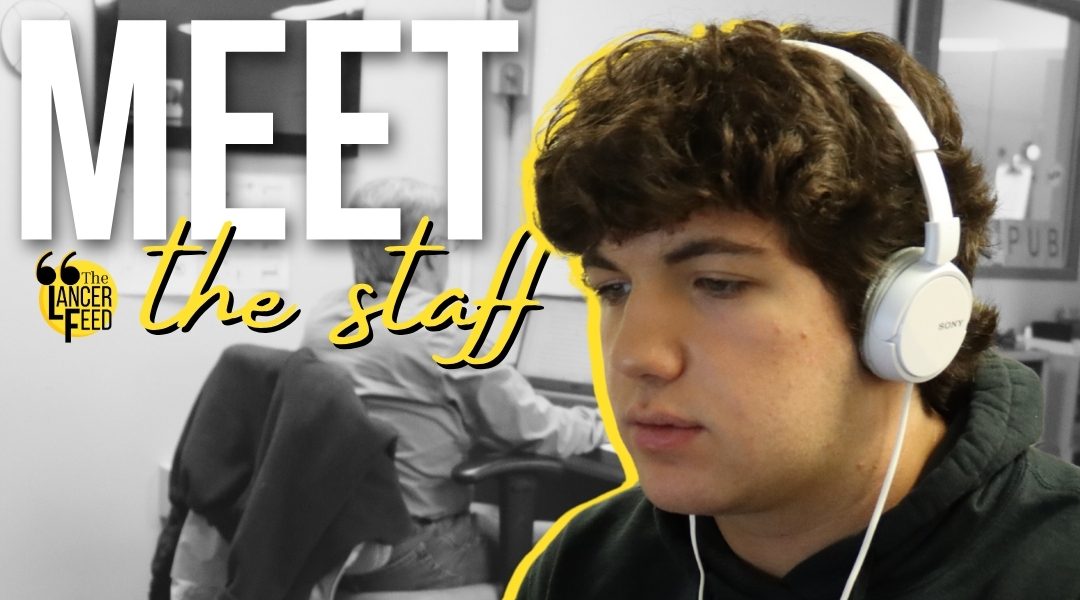Growing up, even with programs like D.A.R.E., the truths of drug addiction have always had a haze around them. Addiction is often talked about at a surface level, yet as a sophomore in high school I never truly grasped the gravity and spontaneity of it until I read Crank by Ellen Hopkins.
Crank follows the journey of a teen named Kristina, who goes from an honor roll student to a methamphetamine addict and single mother, all in less than a year.
While such a fast transition into addiction may seem unrealistic, Crank’s plot is based loosely on Hopkins’ own daughter, who also fell prey to methamphetamine addiction. Hopkins said that the book is “60%” accurate to her daughter’s story in a Publishers Weekly interview.
Knowing how accurate Crank is to a real story makes its portrayal of drug addiction and the life it leads heavier. However, Hopkins’ writing style gives readers a front-seat journey in Kristina’s rapid plunge into drugs and other explicit scenes. Hopkins achieves this through her unique use of free-verse poetry and first-person point of view.
Crank is written entirely in chapters of calligram poetry, poems that form shapes, gaps and other jagged figures. Hopkins often uses these to convey messages beyond the text to readers.
But Hopkins’ use of first-person is even more impressive as it brings the audience along with Kristina. It makes the reader feel like an observer peering over Kristina’s shoulder while she continues to spiral lower and lower.
In addition to the first-person perspective, Hopkins often uses second-person addresses, like saying “you” when Kristina is making or reeling from a decision, which makes the audience feel that they are a part of the decision. The use of unique syntax makes Crank a masterpiece when it comes to putting the audience in the protagonist’s shoes.
However, Crank’s one-of-a-kind style and its realistic depiction of drug addiction land it on the American Library Association’s Most Banned Book list for explicit content.
Is Crank explicit? Yes. Should Crank be banned in high school settings? No.
There is no way to get around the explicit nature of the book. Drug addiction is inherently explicit and other issues in the book give it that explicit label. Does this mean some teenagers cannot handle this book? Probably. However, for the mature, this book should not be restricted.
Crank gives a cautionary tale on what not to do with teenage freedom, telling the story of a naive girl who fell into the wrong scene. The gritty nature of Crank is due to the reality of the drug crisis in America and any other less explicit tone would not fit a realistic display of drug addiction. Especially at a time when drugs are often romanticized in shows like Euphoria, Crank gives teens a deromanticized depiction of drugs that will hopefully lead teens to better choices. Is that something we really want banned in our libraries?

